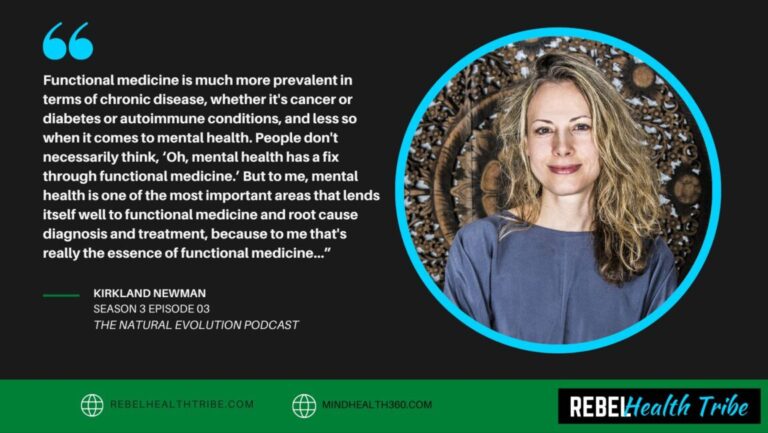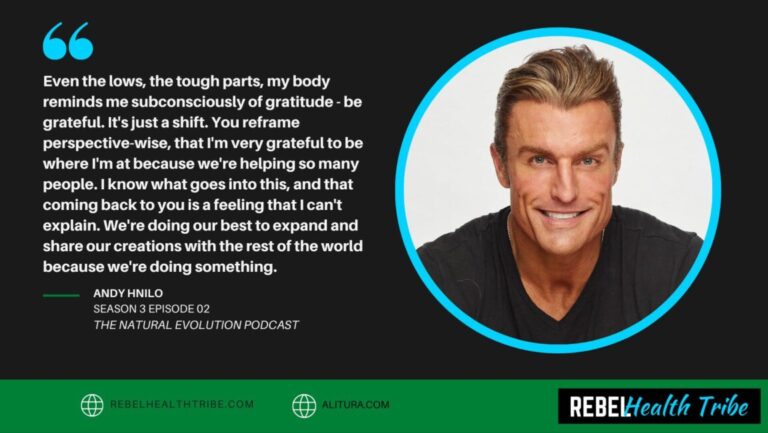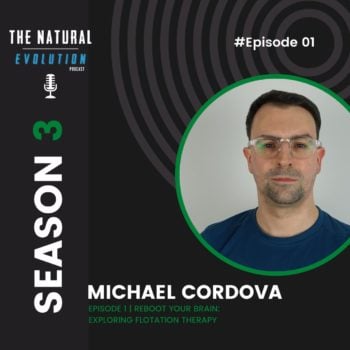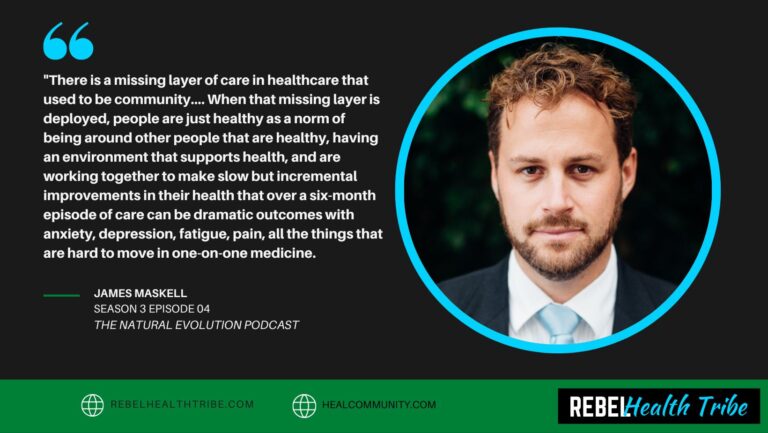
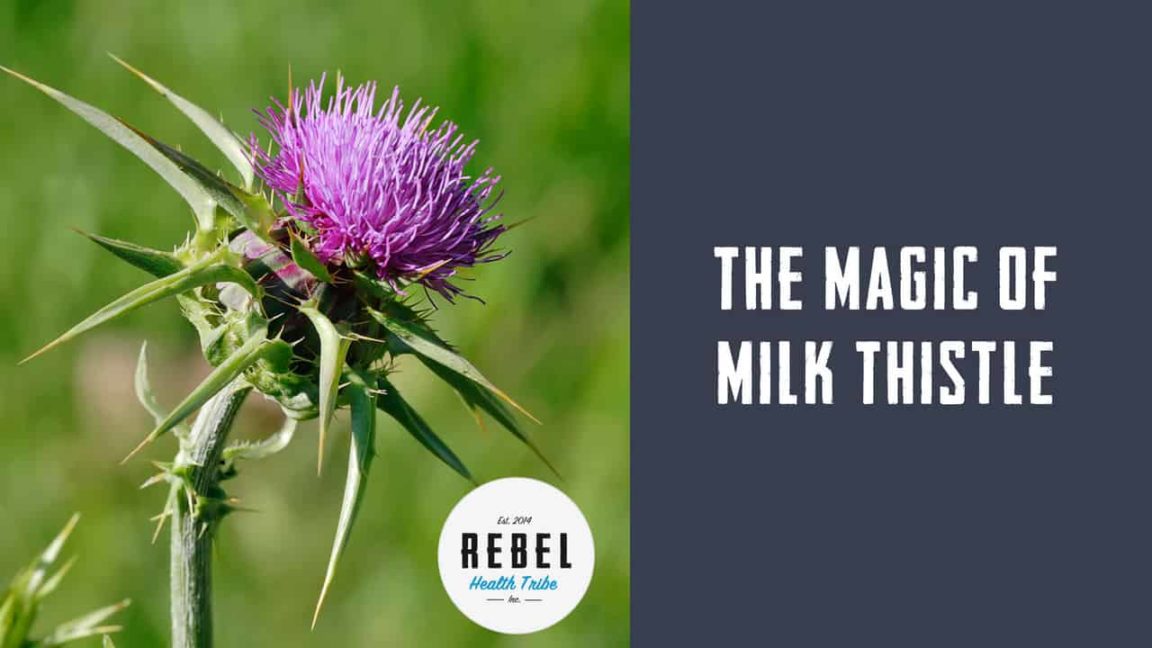
More Posts from
Toxicity & Detox Support
Sign Up & Receive the So You Think You Have Mold, Now What? PDF
Sign up with your name & email to receive the So You Think You Have Mold, Now What? PDF along with any future updates, content, and mold-related offers from RHT & Cathy Cooke!
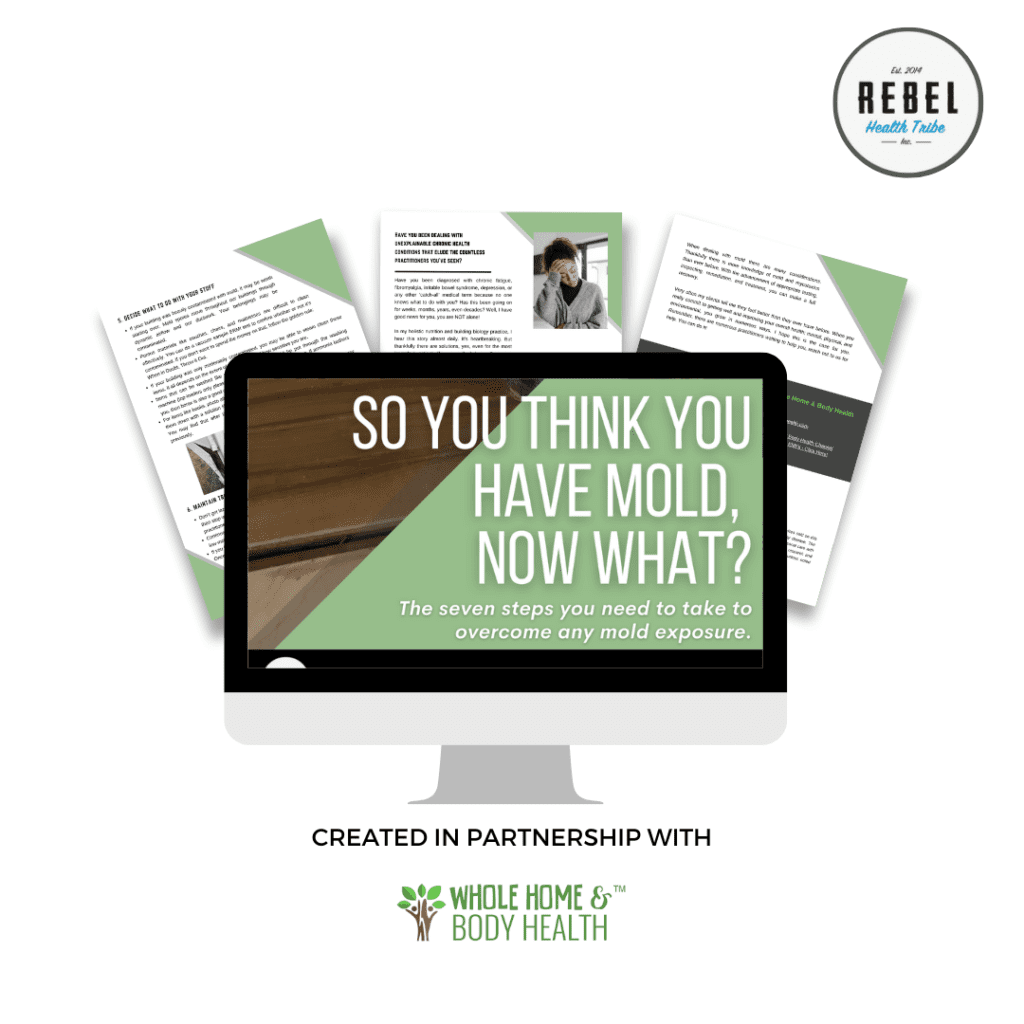
Ask any natural healthcare practitioner what they would recommend for a liver condition and chances are, one of the first things that come to mind is milk thistle. It’s safe, easy to use, well tolerated and is readily available as either a stand-alone herb or used in many liver support products.
What Is It?
Milk Thistle, also known as Silybum marianum, is an herb that has been used therapeutically for over 2000 years. According to research, milk thistle’s main active component is a compound called Silymarin. Silymarin is found throughout the entire milk thistle plant but is most concentrated in the fruit and seed.
“A quick note to keep you in the know … you may see the names milk thistle and silymarin used interchangeably in books, articles, products or on the web.”
Milk thistle is available over the counter in the form of capsules, extracts, tinctures, powders, and teas. It is incorporated into many highly regarded supplement formulas. It is also the most widely used herb for liver issues in the United States.
What does it do?
Milk thistle has multiple beneficial effects on the body. When it comes to liver health, research suggests that it:
- Acts as a powerful detoxifier within the liver itself, assisting the body with eliminating toxic substances that we’re all exposed to on an ongoing basis. It blocks toxins from binding to liver cells, protecting the liver so it can do its job. This means that not only will your liver be healthier, it will help detoxify the rest of you body.
- Stimulates bile flow. Bile is needed to help you digest fats and pull unwanted bacteria down and out of the body. Good bile flow can also help prevent gall stones.
- Reduces liver injury from acetaminophen (the active ingredient in Tylenol), alcohol, radiation, iron overload, and other toxins.
- Shows antiviral effects against acute and chronic Hepatitis-C, and was also able to reduce the progression of liver cirrhosis.
What else does it do?
Milk thistle really has so very many great properties. Here are a few practical ones that you may be looking for in a supplement:
Antioxidant Effects
Milk thistle acts as an antioxidant, reducing free-radical effects. Free radicals go around damaging our cells and promoting diseases such as cancer, Alzheimer’s, Parkinson’s, and many other chronic conditions. They are also partly responsible for the aging process. We can’t avoid free radicals because they’re in the food we eat, the air we breathe, the water we drink, they’re prevalent in our bodies and the environment. Fortunately, antioxidants come along and basically neutralize the free radicals. Milk thistle not only scavenges for free radicals already present, it helps prevent free radical formation.
Anti-inflammatory Effects
Milk thistle has some great anti-inflammatory properties. If you’ve been around the Rebel Health Tribe for a while now, you may be familiar with the term LPS. LPS stands for Lipopolysaccharides. In basic terms, the LPS are endotoxins (key word toxins) derived from the cell membranes of gram-negative bacteria. What does this mean for you? When you have chronic gut issues, leaky gut, gut infections, etc., the endotoxins from the bacteria in your gut circulate around your body, promoting systemic inflammation. Systemic inflammation begins a very undesirable cascade, leading to multiple chronic health issues. Milk thistle can help decrease this LPS-stimulated inflammation.
Anti-Cancer Support
We know that a good healthy diet and lifestyle go a long way in preventing cancer. Specific medicinal herbs are now being tested to see how they may play a role in prevention as well. Milk thistle has shown evidence that its properties may help prevent the initiation, the promotion and the progression of certain types of cancer.
Blood Sugar Support
There is also evidence that milk thistle helps support healthy blood sugar levels, even in diabetics. A study was done comparing milk thistle to placebo, along with conventional therapy. Blood chemistry markers were tested at baseline and then at the end of a 4 month interval. It was found that milk thistle showed a beneficial effect on glycemic profiles. This means that the milk thistle actually helped improve blood sugar values in test participants.
What Are the Potential Side-Effects?
Milk thistle has been shown to be quite well tolerated with only a few mild and rare side effects reported. Most people only notice the benefits of milk thistle. But for those rare individuals who do see a side effect, the most common are:
- Mild gastrointestinal upset – temporary nausea, bloating
- Mild laxative effect – loose stool (likely due to the body detoxing itself)
- Allergic reaction – more common in those allergic to the daisy family (daisy, ragweed, marigold, chrysanthemum)
- Lowering blood sugar – monitor closely if you’re diabetic
Please note: If you are dealing with a major disease such as cancer, diabetes, Alzheimers, Parkinson’s or any other health condition, you’ll want to keep things in perspective. Milk thistle may be used as an effective adjunct to your care, but you really want to use it in conjunction with your health care provider’s additional recommendations.
Any Last Minute Tips and Tricks?
Yes! If you’re heading out for an evening of cocktails, take milk thistle before you go out, and then again when you get home or before you go to bed. The milk thistle will assist your liver in processing the alcohol (and hopefully avoiding a hangover)!
So now a question for you. . . Do you think you would benefit from adding milk thistle to your daily routine? Who else do you know that might also benefit from The Magic of Milk Thistle? I invite you to share this with them so they can be on their way to better health as well!
References:
- Phytother Res. 2006 Dec;20(12):1036-9.
- PLoS One. 2012;7(7):e41832. doi: 10.1371/journal.pone.0041832. Epub 2012 Jul 25.
- Phytother Res. 2010 Oct;24(10):1423-32. doi: 10.1002/ptr.3207.
- PLoS One. 2014 Mar 19;9(3):e92505. doi: 10.1371/journal.pone.0092505. eCollection 2014.
- Food Res Int. 2017 Oct;100(Pt 3):339-353. doi: 10.1016/j.foodres.2017.07.017. Epub 2017 Jul 12.
- Cancer Lett. 2008 Oct 8; 269(2): 352–362.
- Integr Cancer Ther. 2007 Jun;6(2):104-9.
Sign Up & Receive the So You Think You Have Mold, Now What? PDF
Sign up with your name & email to receive the So You Think You Have Mold, Now What? PDF along with any future updates, content, and mold-related offers from RHT & Cathy Cooke!

Toxicity & Detox Support Products
Get Social
Recent Podcasts
Recent Courses
Build Your Resilient Gut
An Exclusive Course with 10 Years of Microbiome
Kiran’s Professional Training Vault
If you’ve ever wanted all of Kiran’s best
Toxicity & Detoxification Masterclass 2024
The toxicity and Detoxification Masterclass covers a wide
Brain & Nervous System Masterclass 2024
19 Leading Experts Share Cutting-Edge Science, Effective Practices,
Autoimmune Masterclass 2024
Autoimmune Masterclass brings together 17 of the world’s
Get the RHT Newsletter
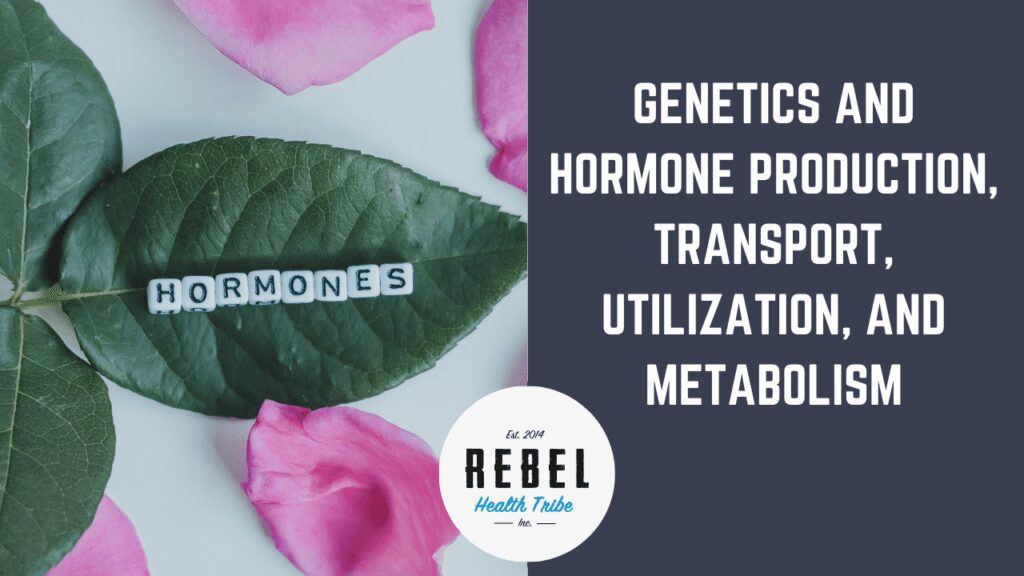
Genetics and Hormone Production, Transport, Utilization, and Metabolism
Our genetics play a larger role in our hormones than most people think. Obviously, diet, lifestyle, and environment are the
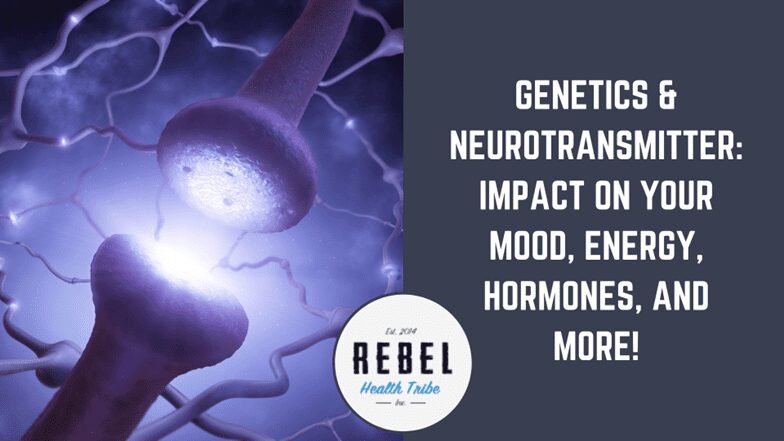
Genetics & Neurotransmitters: Impact on Your Mood, Energy, Hormones, and More!
Have you wondered why an antidepressant didn’t work for you? Have you ever wondered where your anxiety is coming from
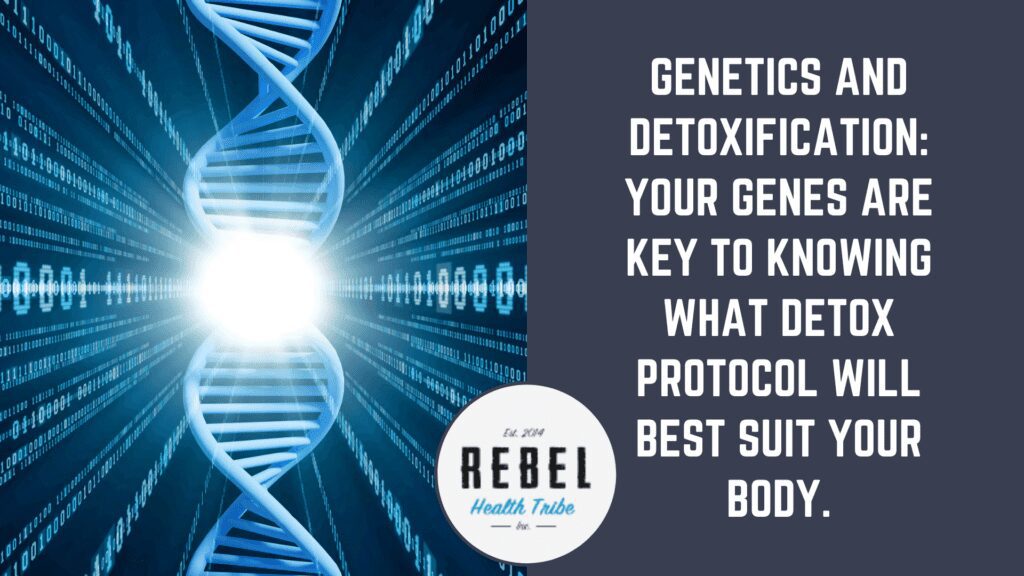
Genetics and Detoxification: Your genes are key to knowing what detox protocol will best suit your body.
https://vimeo.com/821487331 If you’ve ever bought a detox kit off a shelf or felt considerably worse while doing a detox,
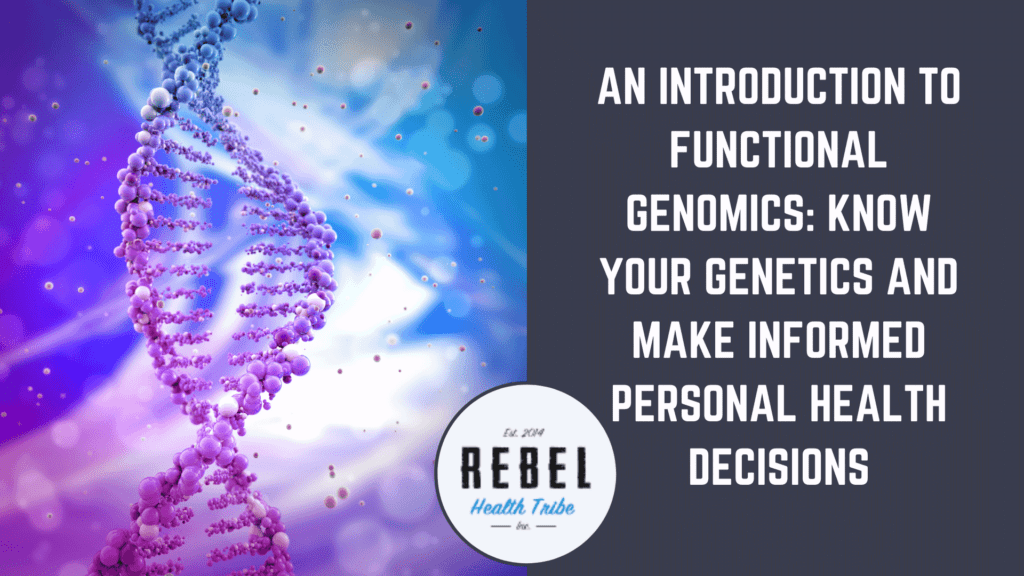
An Introduction to Functional Genomics: Know Your Genetics and Make Informed Personal Health Decisions
https://vimeo.com/821487068 The desire to know how your genes are affecting your health is rapidly growing. Many people are getting genetic

